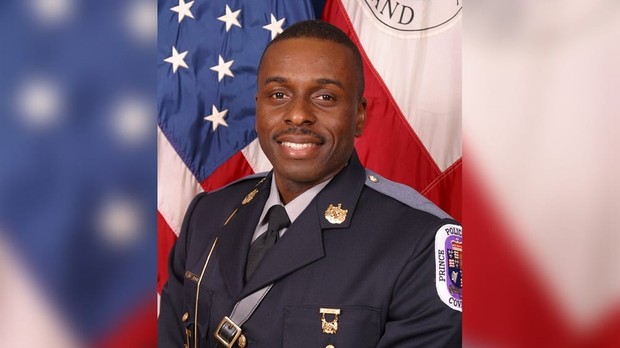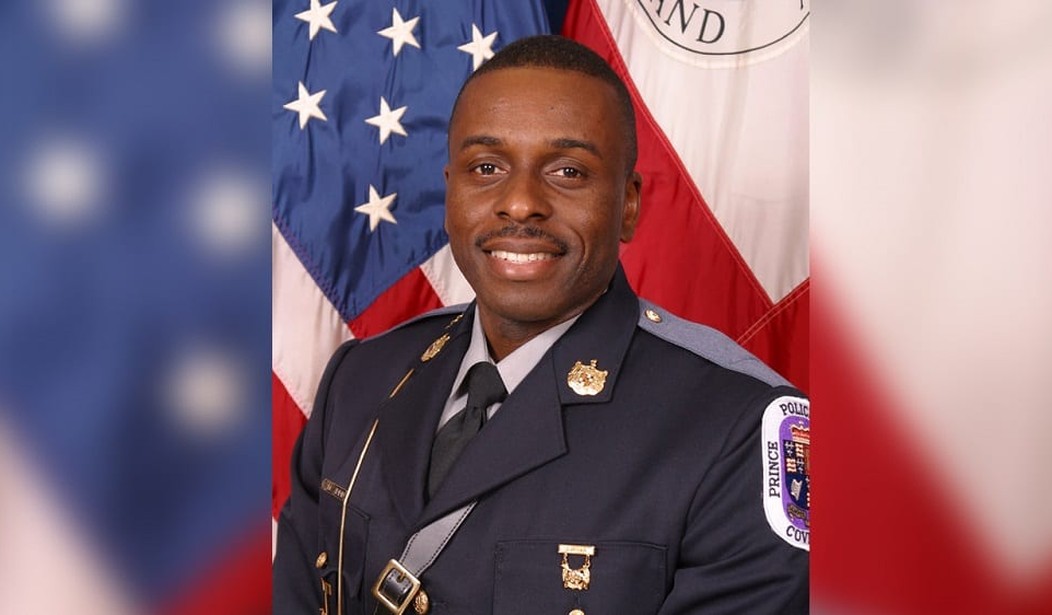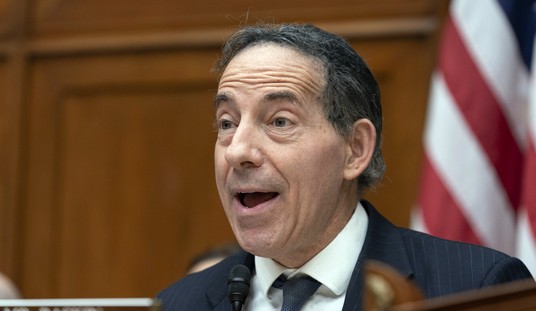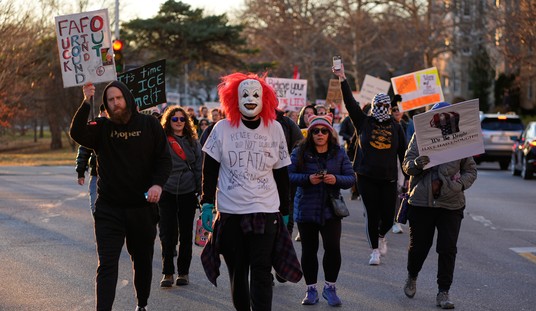
Prince George’s County Police Officer Mujahid Ramzziddin in an undated photo provided by the department. Ramzziddin was fatally shot on Wednesday, Feb. 21, 2018 while trying to protect a neighbor during a domestic dispute, police say.
Photo credit: Prince George’s County Police Department
On Wednesday, as CNN was preparing its hate-filled anti-gun spectacle, as many of the victims of Nikolas Cruz’s murderous rampage through Marjory Stoneman Douglas High School in Parkland, FL, were being laid to rest, Prince Georges County police officer, 51-year-old Mujahid Ramzziddin was gunned down near his home in Brandywine, MD. It points to what can happen even if things are, for the most part, done correctly.
Around 10:20 a.m. a woman who was unknown to Ramzziddin approached him and told him she was being threatened by her husband. She knew Ramzziddin was a police officer because she’d seen his police cruiser parked at his house. Ramzziddin, a USMC veteran, 14-year police officer, husband and father of four was off duty. He went to her assistance. When he got to her home he was confronted by her ex who was armed with a shotgun. An altercation ensued and Ramzziddin was shot five times and was dead at the scene. The killer, 37-year-old Glenn Tyndell, was eventually killed by police in an exchange of shots.
A man who shot and killed a Prince George’s County police officer Wednesday was ordered by the courts to surrender his guns to a local sheriff’s office at least three times in the last five years, according to court records.
Three different judges ruled Glenn Tyndell had to “immediately surrender all firearms,” after finding his estranged wife, ex-wife — and most recently, one of his children — needed protection.
The Prince George’s County sheriff’s office attempted for weeks to track down Tyndell but he consistently eluded law enforcement, at one point avoiding going to work knowing he could be apprehended at his job as a Metro mechanic, said Col. Darrin C. Palmer, chief assistant sheriff for Prince George’s County.
Deputies had visited his home and a second address for him three times, conducted surveillance and were working with Tyndell’s estranged wife in an attempt to serve a protective order and three arrest warrants related to the couple’s domestic disputes, Palmer said.
Over the weekend, deputies had gotten in touch via phone with Tyndell, 37, who said he was going to turn himself in on Tuesday.
Tyndell didn’t show.
Here none of the current nostrums about reducing gun violence apply. Tyndell was over 21. He did not have diagnosed mental health conditions. He used a shotgun that he had bought legally at some point in the past. The courts and police seem to have been diligent in their duties. This is an interesting factoid that bears on the case and I don’t know how widespread it is, but if a proto-fascist state like Maryland has this restriction, then I’m sure it is common:
Under federal law, people convicted of domestic violence and subject to court protective orders for threatening a partner or child are prohibited from having firearms.
If Tyndell had not turned over his firearms, the sheriff’s office was “supposed to come after him,” said Dorothy Lennig, director of the legal clinic at the House of Ruth Maryland, a nonprofit that provides services for victims of domestic violence.
Palmer said typically when deputies are serving protective orders or arrest warrants, they only have the authority to demand the surrender of listed weapons ordered by the court. If the suspect doesn’t surrender the weapons listed by the court, deputies go back to the court to request a search warrant.
“There is not language there that says they may be forcibly taken” without a search warrant, Palmer said.
Rob Valente, a domestic violence policy expert, said there are not enough officers on call at every moment to seize firearms in such cases.
“Everybody is in an impossible situation because the system is broken. There are not enough resources,” Valente said. “A lot of law enforcement officers I work with try so hard, but they are given an impossible number of cases to handle.”
The facts are stark and obvious. If there are firearms people will use them to kill. Period. The deception that we can build systems that deter people determined to murder is simply moonshine. It can’t happen. With that nonsense out of the way, the bottom line choice is binary. Do we allow the private ownership of firearms? Or do we repeal the Second Amendment? Do we appeal to our fears or do we go with freedom?













Join the conversation as a VIP Member